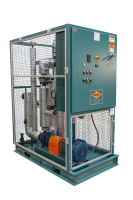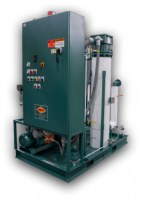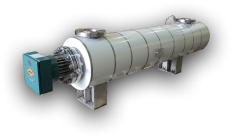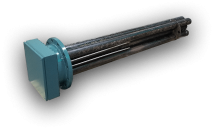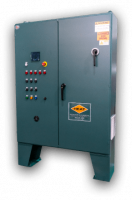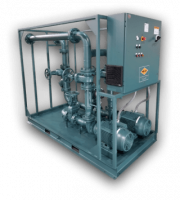THERMAL FLUID HEATING SYSTEMS
HEAT designs and fabricates a wide variety of thermal fluid heating systems for nearly every industry and application. Our sales engineers are experts in the heating and cooling of industrial processes and offer up-front assistance and guidance to help you choose equipment that will deliver the Safe Reliable Performance HEAT is known for.
Find the best solution for your process today with HEAT.
looking for a custom heat transfer system?
Our experts can help you find the right custom heat transfer system for your application.

Contact Our Experts
Our expert sales engineers can help you find the right custom temperature control equipment for your application.
*denotes a required field.

